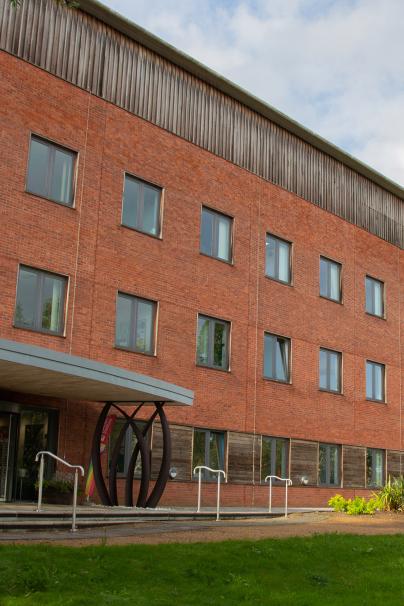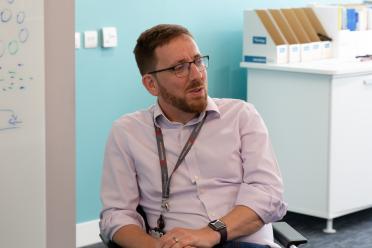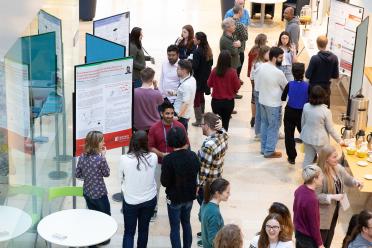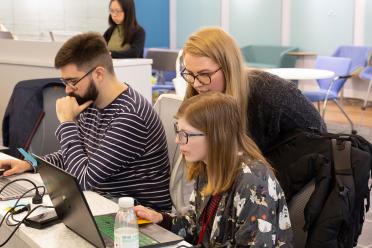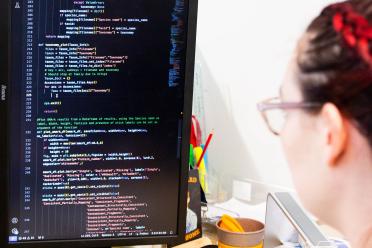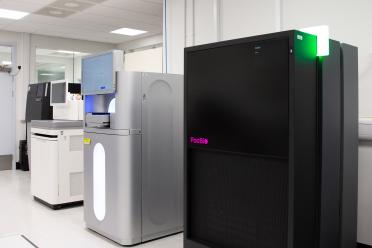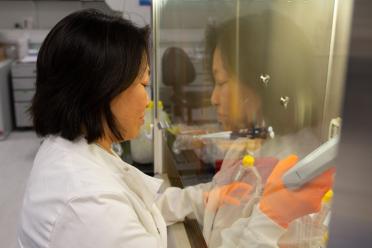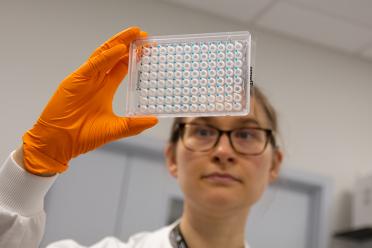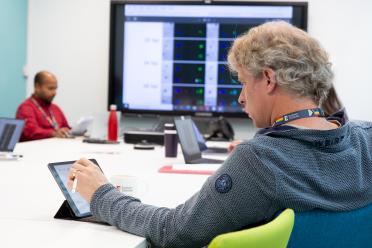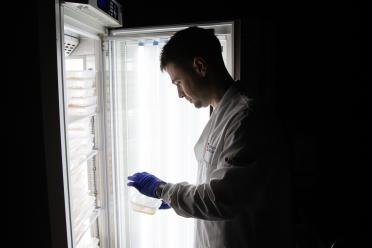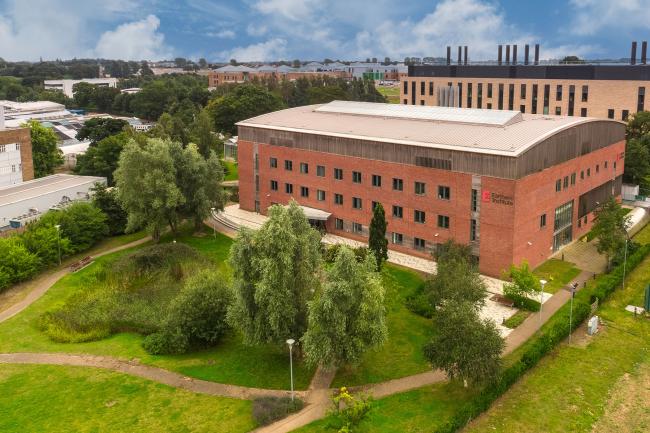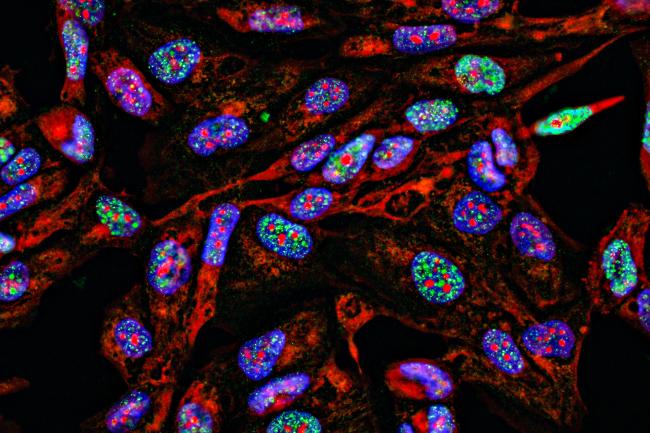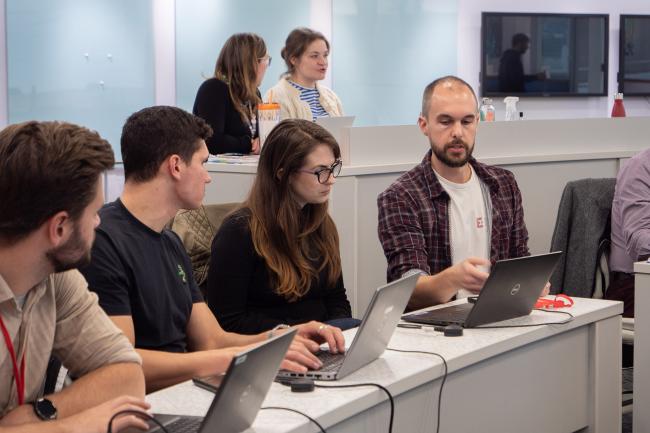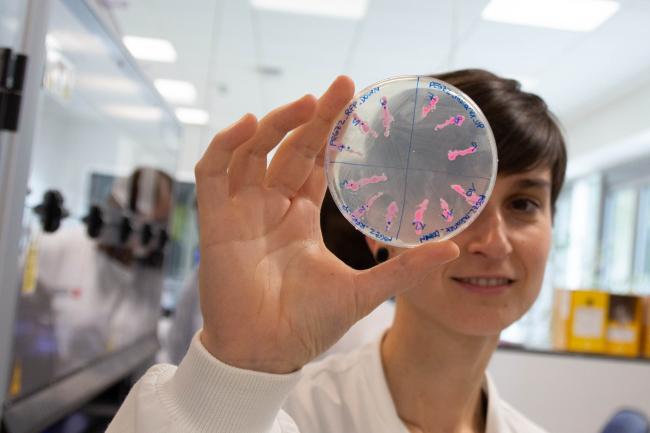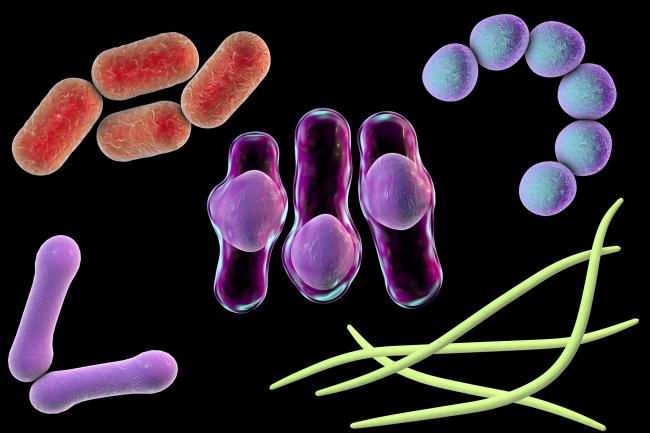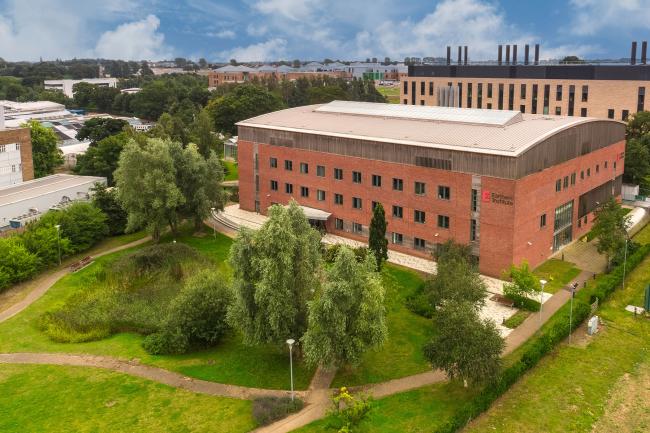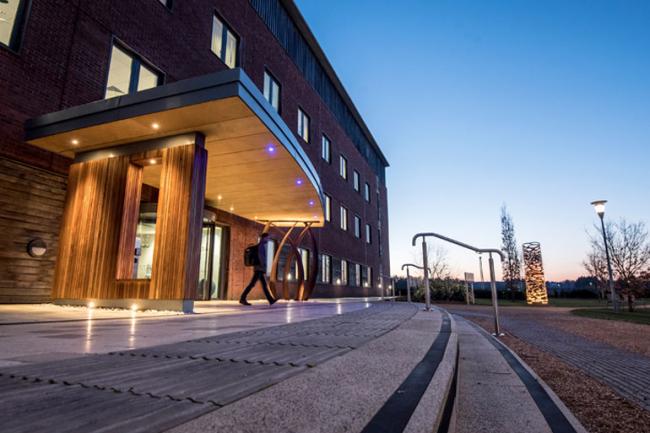In relative terms, we’re still a young institute but there have been many impacts over the past 15 years - spanning publications, pipelines, software, career development, public engagement, and political advocacy.
We were an integral part of the international effort to deliver the first full bread wheat genome, decoding this hexaploid crop from sequence to assembly and annotation.
Our scientists mapped the wheat epigenome and are now revealing the effects of introducing genetic variation from wild relatives.
What started out as a single platform in a lab has flourished into an active single-cell group, contributing cutting-edge research, delivering training, and pushing the boundaries of nascent approaches such as spatial transcriptomics.
Our original remit of becoming a national centre of excellence in bioinformatics has seen major contributions to the generation, management, and curation of genomic data.
We continue to develop FAIR approaches and standards, alongside the development of tools to simplify the preparation of metadata for upload alongside research data.
This work, alongside our role in the Elixir community and BioFAIR project, is crucial in realising the enormous potential of data across a wide range of disciplines.
I’m also immensely proud of the collective response during the pandemic. We loaned equipment and expertise, promoted the idea of local testing, ran pilot projects, and leveraged our amazing people and infrastructure to deliver Covid-19 testing for thousands of local NHS staff.
In these challenging times, our people demonstrated the determination, innovation, and community spirit that has always defined the Institute’s culture.
